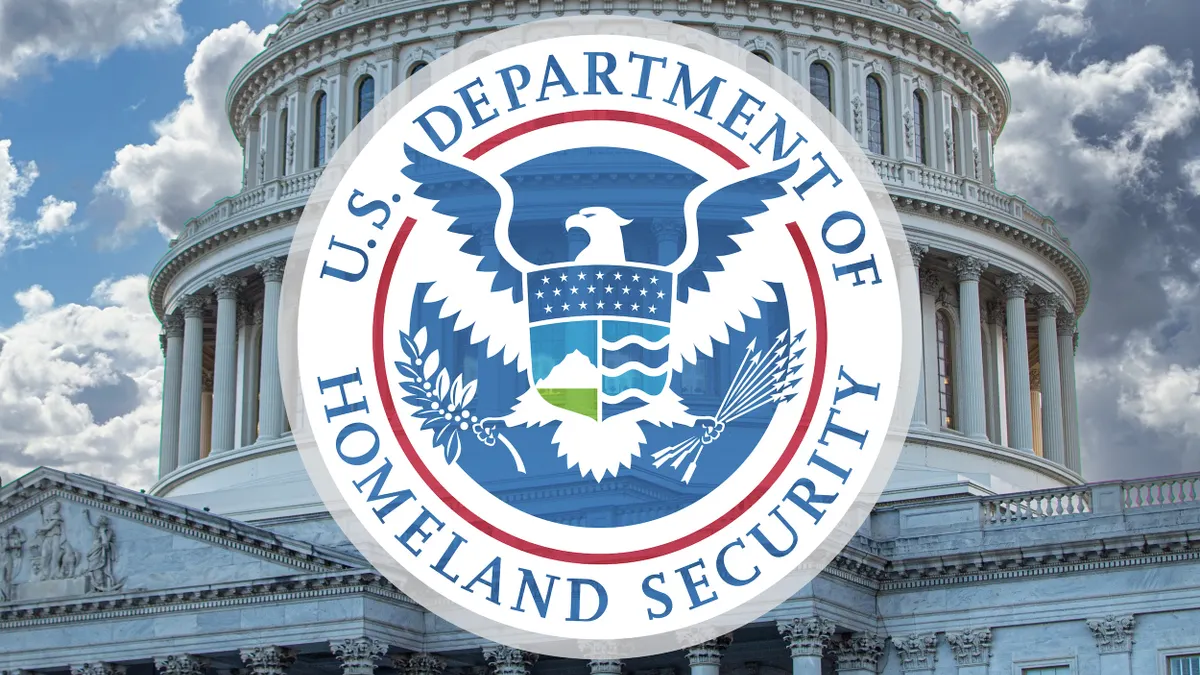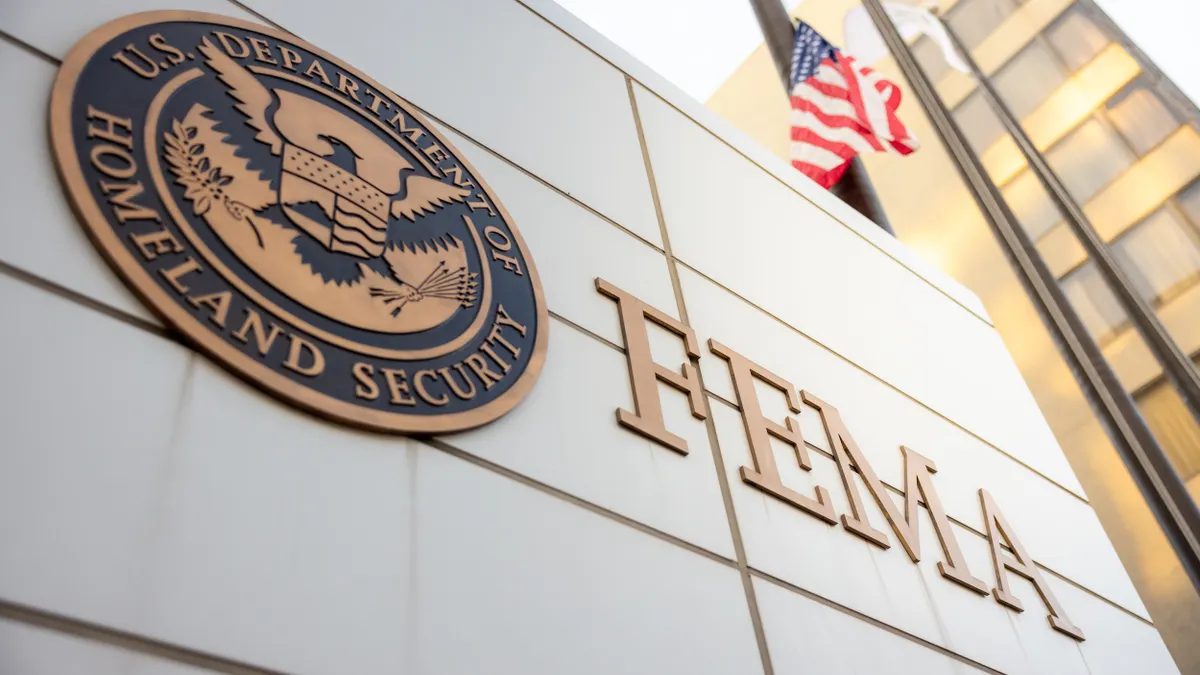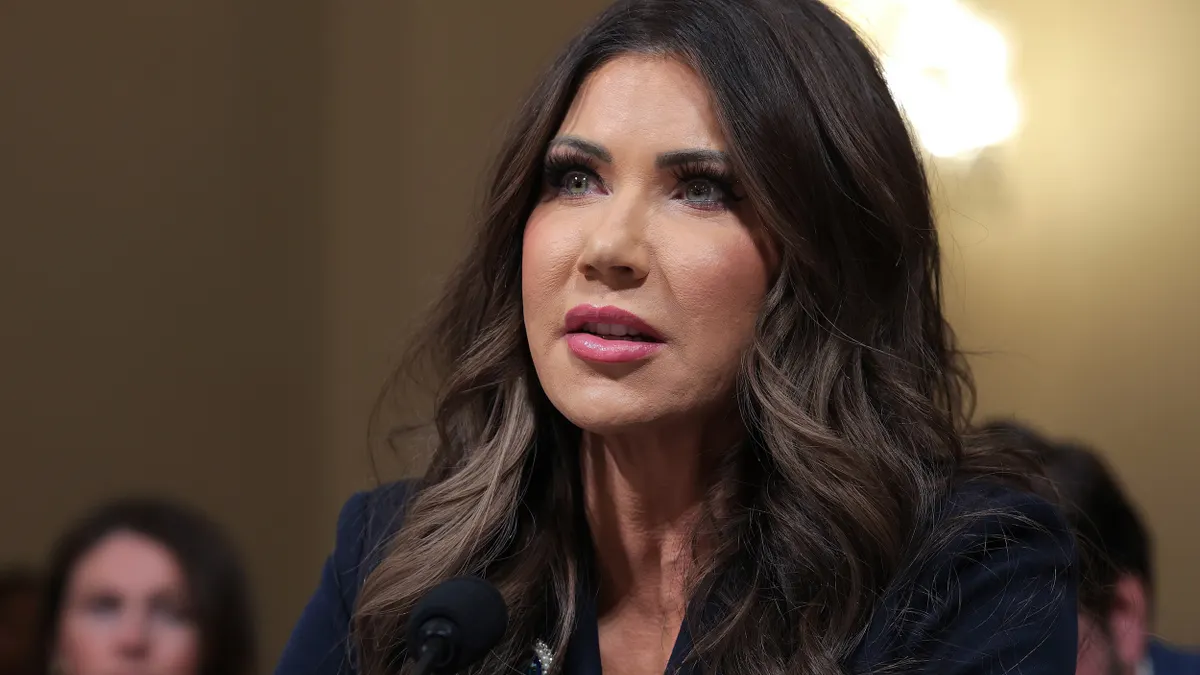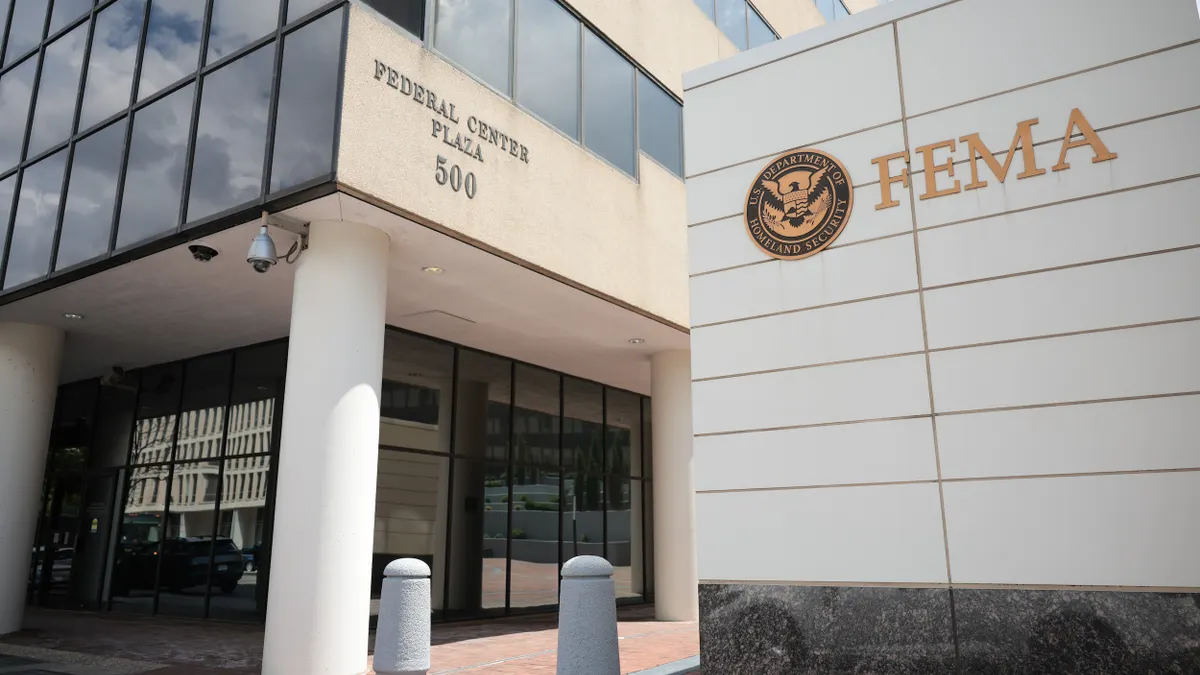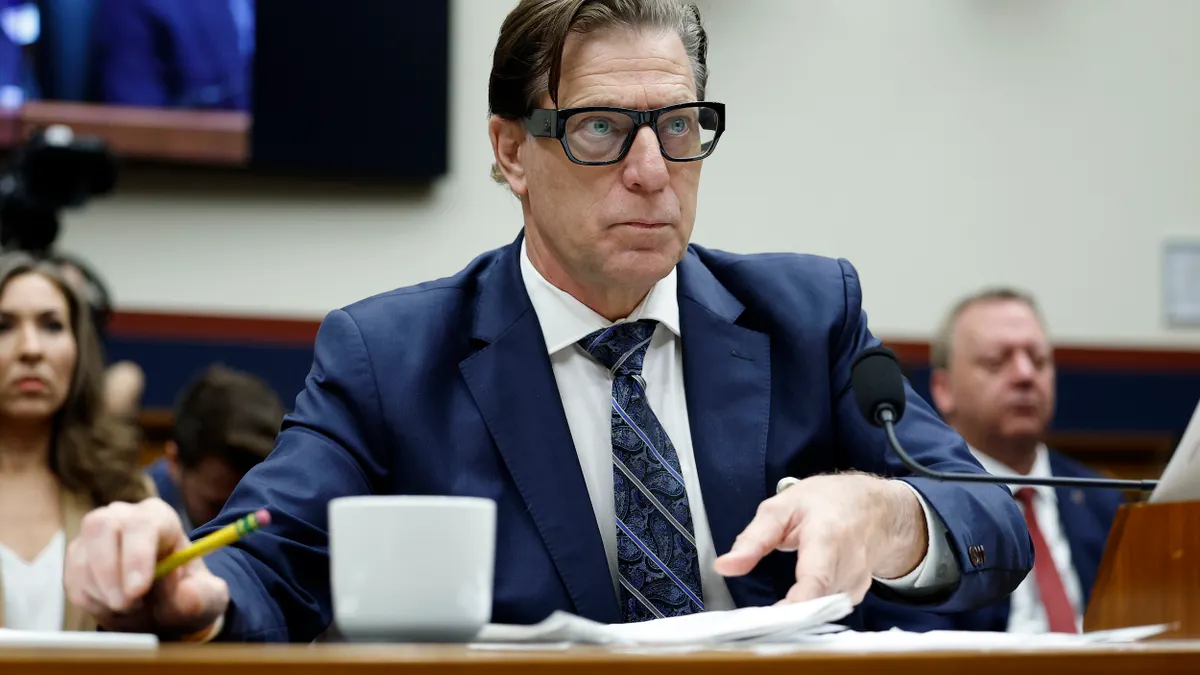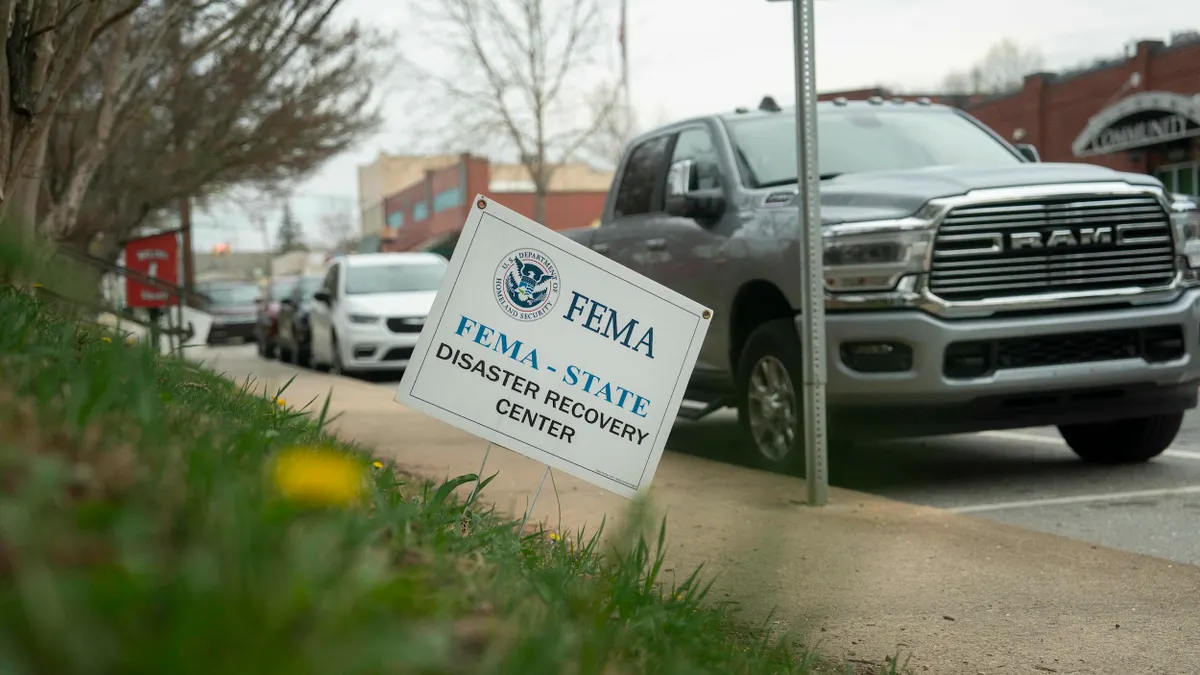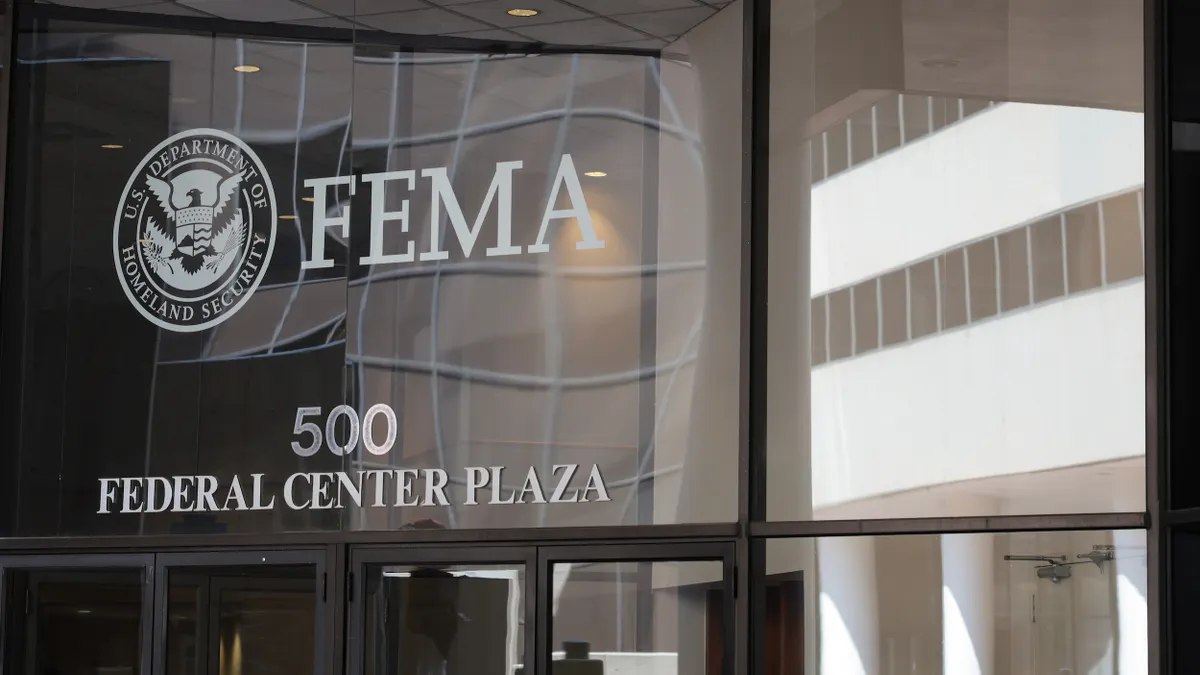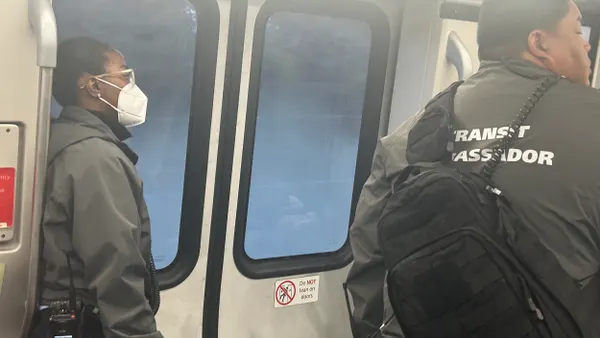UPDATE: Oct. 15, 2025: Senior District Judge William Smith on Tuesday ruled the Department of Homeland Security violated his Sept. 24 order to remove conditions that state and local grant recipients assist in federal immigration enforcement in order to receive funding.
Instead of removing the conditions, DHS inserted them into award letters for DHS grants, stating that if Smith’s injunction was stayed, vacated or extinguished, they would immediately become effective. Smith ordered the conditions to be removed within seven days.
“Defendants’ new condition is not a good faith effort to comply with the order; it is a ham-handed attempt to bully the states into making promises they have no obligation to make at the risk of losing critical disaster and other funding already appropriated by Congress,” Smith wrote.
In the lawsuit filed in May, 20 states led by Illinois said they receive over $3 billion annually from the Federal Emergency Management Agency, a division of DHS, to prepare for and respond to emergencies and major disasters, “all of which was placed in jeopardy by DHS’ sweeping new conditions.”
DHS did not immediately respond to a request for comment.
UPDATE: Oct. 1, 2025: A U.S. district judge issued a temporary restraining order Tuesday preventing the Trump administration from reallocating $233 million in disaster relief funds from 11 states and the District of Columbia. In their lawsuit, the plaintiffs allege the Federal Emergency Management Agency funds are being cut as punishment for not assisting the administration with federal immigration enforcement.
Judge Mary McElroy of the U.S. District Court for Rhode Island directed the U.S. Department of Homeland Security to rescind all fiscal year 2025 Homeland Security Grant Program award notifications and enjoined it from disbursing, processing or re-allocating the funds pending further order of the court.
“Over and over, the courts have stopped the Trump Administration’s illegal efforts to tie unrelated grant funding to state policies,” California Attorney General Rob Bonta said in a statement. “California uses the grant funding at stake in our lawsuit to protect the safety of our communities from acts of terrorism and other disasters — meaning the stakes are quite literally life and death. … I’m grateful to the court for seeing the urgency of this dangerous diversion of homeland security funding.”
DHS and FEMA released a statement Wednesday strongly condemning the decision, calling it an “activist decision, which undermines America’s safety at a time when resilience and security are non-negotiable.”
“This judicial sabotage threatens the safety of our states, counties, towns, and weakens the entire nation,” said DHS Assistant Secretary Tricia McLaughlin. We will fight to restore these critical reforms and protect American lives.”
Dive Brief:
- A coalition of 11 states and the District of Columbia on Monday sued the U.S. Department of Homeland Security for reducing the allocation of Federal Emergency Management Agency funds for “certain States that it views as ‘sanctuary’ jurisdictions” while increasing other states’ allocations, in some cases by over 100%, according to the lawsuit.
- DHS and FEMA on Saturday issued award notifications for the Homeland Security Grant Program, FEMA’s largest grant program allocating approximately $1 billion in funds to prevent, prepare for and respond to acts of terrorism.
- The reallocation came three days after a U.S. District Court judge in Rhode Island ruled that FEMA and DHS violated the Constitution and the Administrative Procedure Act by making “arbitrary and capricious” decisions to condition federal funds on agreement to assist the federal government in enforcing immigration law and issued a permanent injunction enjoining DHS from enforcing the conditions.
Dive Insight:
In a Jan. 20 executive order, President Donald Trump directed the U.S. attorney general and DHS secretary to “evaluate and undertake any lawful actions to ensure that so-called ‘sanctuary’ jurisdictions, which seek to interfere with the lawful exercise of Federal law enforcement operations, do not receive access to Federal funds.”
In the lawsuit filed Monday, the attorneys general claim DHS Secretary Kristi Noem wrote in a Feb. 19 internal memo that “States whose policies she dislikes ‘should not receive a single dollar of the Department’s money.’”
In March, DHS “amended the terms and conditions it places on all federal funds to require recipients to certify that they will assist in enforcing immigration law,” according to a press release from the Minnesota Attorney General.
In August, a U.S. District Court judge ruled the Trump administration can’t deny federal funds to Boston, Chicago, Denver, Los Angeles and 30 other cities and counties based on their policies limiting cooperation with federal immigration efforts.
California, Illinois, New Jersey and Rhode Island co-led the lawsuit filed Monday. Connecticut, Delaware, the District of Columbia, Massachusetts, Minnesota, New York, Vermont and Washington joined them.
FEMA granted $226 million in Homeland Security Grant Program funds — a reduction of $233 million or 51% — to the states filing Monday’s lawsuit, according to a press release from the Washington State Office of the Attorney General. Illinois received a 69% cut, totaling over $30 million, and New York saw a 79% reduction, totaling over $100 million, according to Illinois Attorney General Kwame Raoul.
The grant programs “were authorized by Congress in the wake of national emergencies, such as the Sept. 11 terrorist attacks and Hurricane Katrina, to strengthen the nation’s preparedness for and response to emergencies and major disasters,” Raoul’s office stated. The grants fund first responders’ salaries and training, support the mutual aid networks and support computer network testing to identify cyberattack vulnerabilities.
“Our law enforcement and local leaders depend on these FEMA grants to prepare for emergencies and stop dangerous threats to public safety,” New York Attorney General Letitia James said in a statement.
This article was updated to include a response from the Department of Homeland Security.



